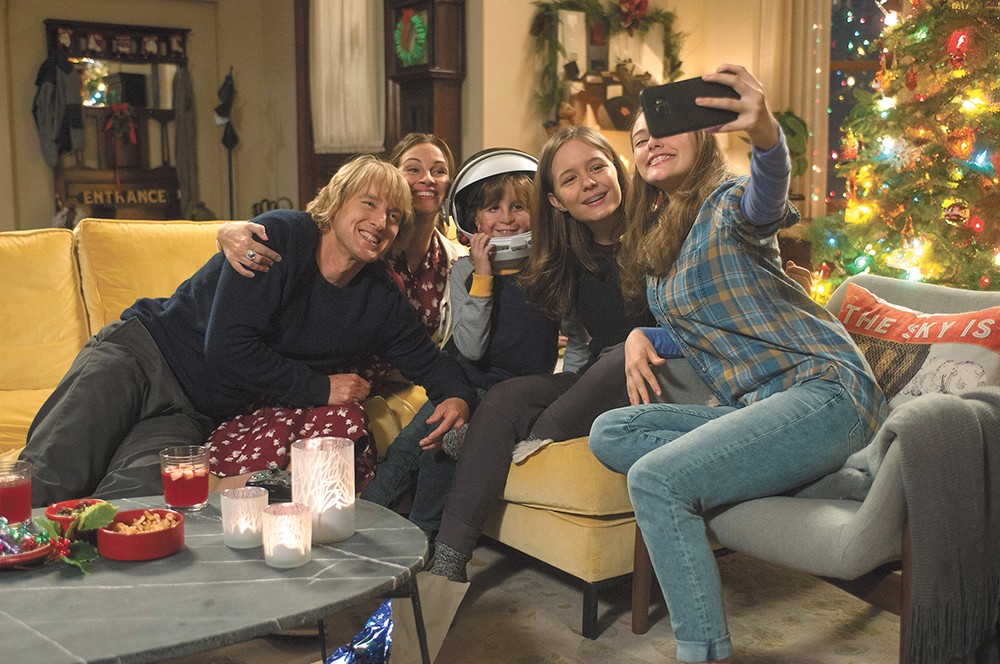"Be kind, for everyone is fighting a hard battle."
This is one of the monthly "precepts" that Auggie Pullman's fifth-grade homeroom teacher shares with his students, and just to be sure that no one has missed the fact that Wonder has not-very-subtly underlined this moral over and over again, Auggie will repeat it out loud for the audience at the film's end.
I wish I felt worse about reacting churlishly to a movie that's all about reminding kids to be nice to people, and about insisting that bullying is bad. But Wonder, based on the best-selling children's novel by R.J. Palacio, is gentle and subdued but also ham-handed, bashing us over the noggin with its Themes and Messages till you want to scream, "Alright already, we get it!" It's a weird middle ground for a movie to exist in, almost as if it simply doesn't trust itself to tell its own story and be understood.
The appeals to be nice and not bully are needed because 10-year-old Auggie is going to school — a real school — for the first time as Wonder opens. He's been homeschooled by his mom, Isabel (Julia Roberts), because he suffers from facial deformities that have required numerous surgeries to fix. It's not clear, however, whether the constant hospital stays have kept him out of school or whether his mom and dad, Nate (Owen Wilson), have just been overprotective of him. His face is certainly unusual, but far from horrific; he's pretty cute, in fact. But of course, kids have a remarkable ability to hone in like a laser on even the smallest difference in other kids, and Auggie remains an outcast and a target for quite a while in his new school.
Wonder seems as if it's going to be purely Auggie's story, but it takes sudden, almost jarring, detours into the stories of others around him, including his older sister Via (Izabela Vidovic), his new friend Jack (Noah Jupe), and Via's best friend Miranda (Danielle Rose Russell). These tangents, even when they're dropped just as suddenly as they're taken up, are meant to show us those hard battles that everyone else is fighting; Via, for instance, has always felt neglected by her parents because of all the attention that her little brother's medical needs required.
That becomes problematic from a thematic standpoint beyond the narrative one, however, when Wonder posits that someone who is disabled or different can serve as an inspiration for others to become better people... like in learning not to be a bully! It's more than a little offensive to suggest that's where Auggie's value as a person lies, why he should be celebrated, or why he's the "wonder" his mother calls him.
The very effective and empathetic young actor Jacob Tremblay, who was so moving as the captive child of Room, is very good as Auggie; even the makeup required to create Auggie's facial deformities cannot hide his warmth and intelligence, and he makes Auggie a delightful kid. And Wonder, the second feature from director Stephen Chbosky, avoids the sappiness it could so easily have wallowed in.
But some of the story's simplicities do fall into cliché: The rich kids at Auggie's fancy new prep school are mostly awful, and kind Jack is on a scholarship, so we may presume it's Auggie's disability that keeps him on the right side of niceness. That's a little insulting, too: Disability doesn't make people nicer or better. Putting Auggie on a pedestal isn't as helpful — or as nice or as kind — as Wonder would seem to believe it is. ♦


